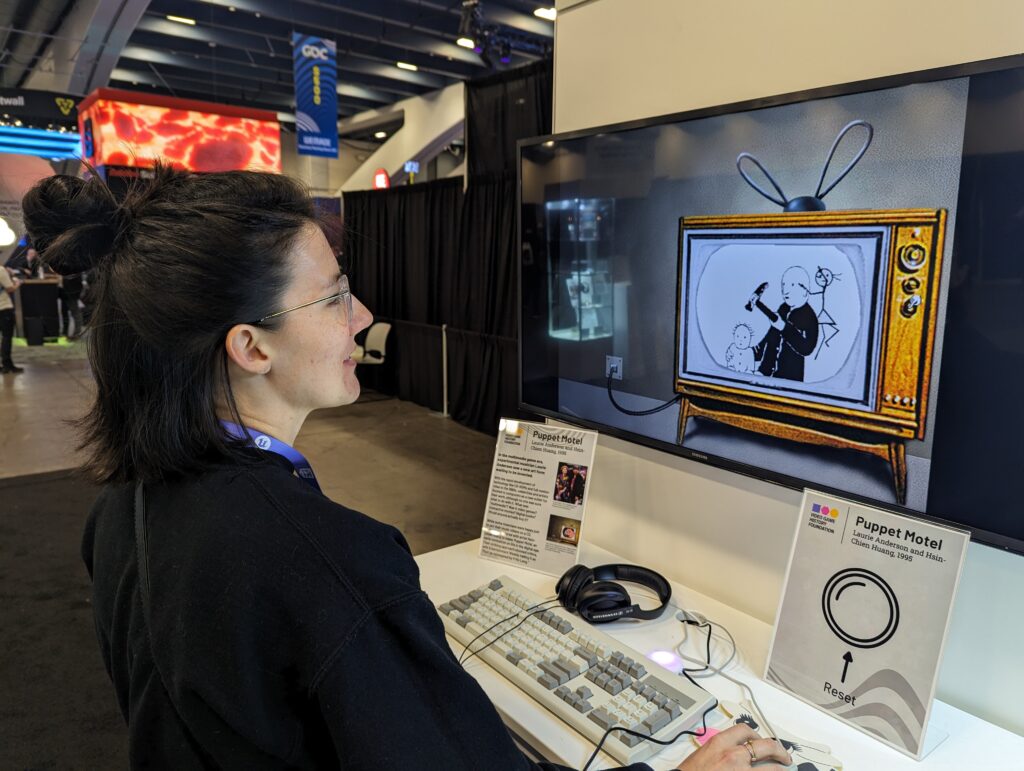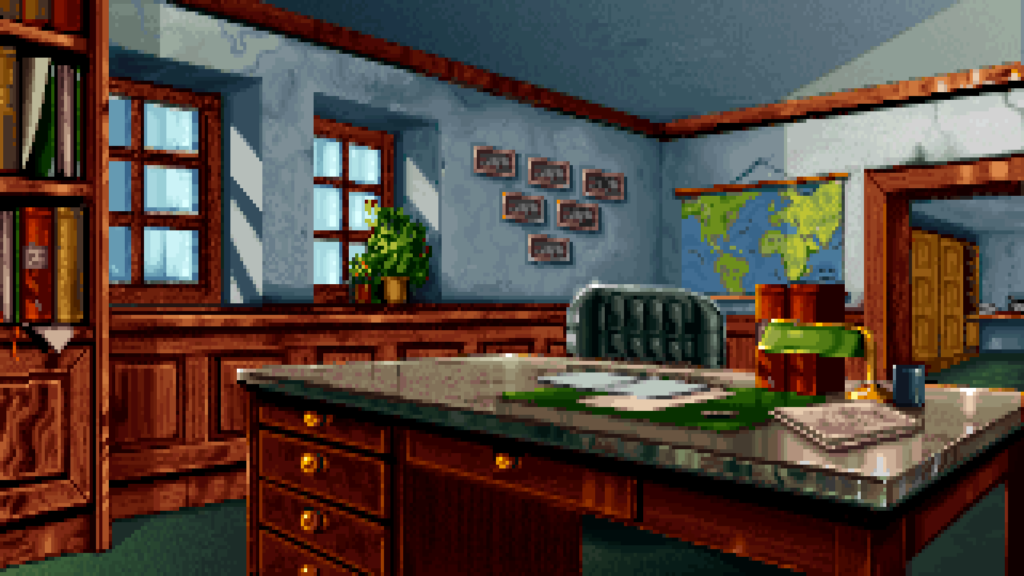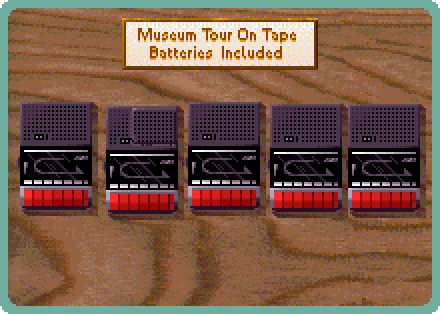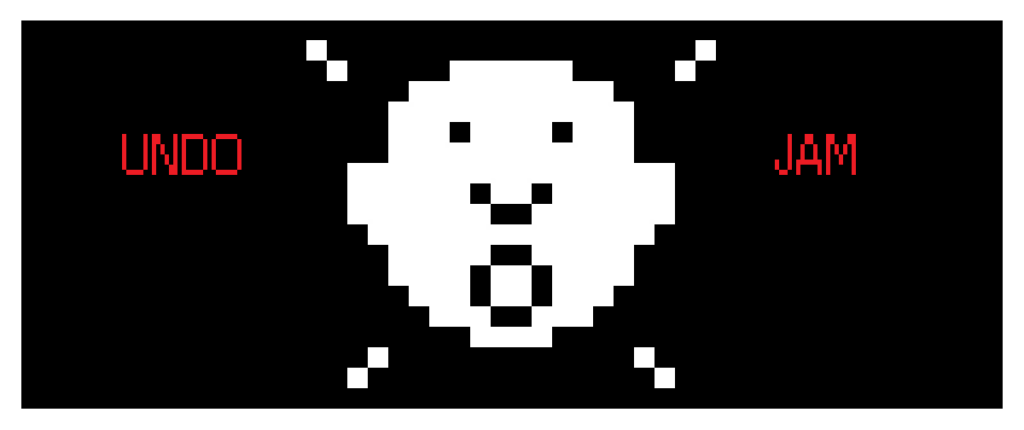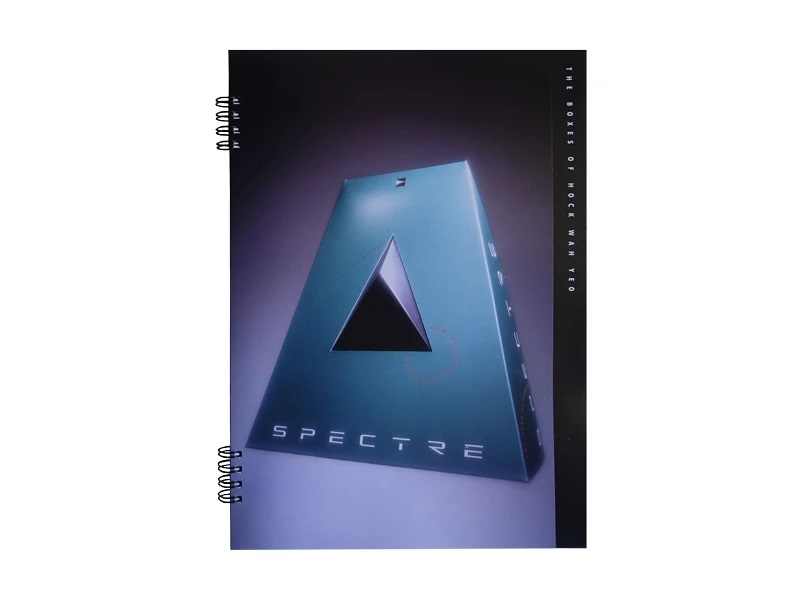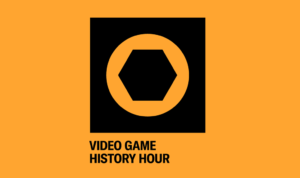Dispatches from California 
Hello! A few people have encouraged me to share updates about how I’m doing and what’s going on with The Obscuritory, so: hello! I am still here!
As I alluded to in my previous post, things have been a little bumpy lately. It’s still taking me a while to find my footing out in California, and as a result, I’ve put a lot of things on hold while I’m focusing on taking better care of myself. However, I’ve absolutely not gone away! Let me fill you in on what’s been happening…
My main focus for the last year has been my work at the Video Game History Foundation. Above, I embedded a demo of the big project I’ve been working on, our digital library for access to our research collections. It has been a joy to get our digital library off the ground; I can’t wait to finish building the kind of resource I wish I had when I started writing.
There’s a lot of exciting resources that’ll be part of that, but the one I wanted to share here relevant to The Obscuritory is that we’re working with Cyan, the creators of the Myst series, to digitize hundreds of hours of video from their vaults. This project has been a dream come true. I’ve posted before about the influence Myst has had on game history, and now I’m helping preserve its history!
I’ve also been involved in a push for copyright reform for video game preservation. Last year, you might’ve seen a study making the rounds that says that only 13 percent of video games are still in print. I was the author of that! Here I am talking about it on Marketplace! Next month, I’ll be testifying to the Copyright Office about the study and hoping we can change the law to improve the state of game preservation! Long-time readers will know this is a topic I’m passionate about, and it’s incredibly exciting to be taking a role in trying to push it forward. I’ll actually be testifying alongside Dragan Espenchied from Rhizome, who was in charge of the streaming restorations of the Theresa Duncan games nine years ago (!) that inspired me to get into game preservation professionally, which is amazing.
Elsewhere, I’ve been getting to flex my curation muscle! This month, VGHF ran a game history exhibit at the Game Developers Conference, where we showed off a gallertof titles from designers that came outside the game industry. You might recognize Puppet Motel and SimTunes, two games I’ve featured at different times while doing The Obscuritory!
For fun, I’ve also been running a new sideblog called Final Fantasy VIII is the Best, which is about, well, you can imagine. That has been a fun experiment that’s helping me break through my writer’s block, because it gives me an excuse to write with zero self-editing or standards. The goal is that eventually this will get my writing chops back in shape so I’ll start posting here again.
In the meantime, I’m continuing to stream on most Wednesdays, which is allowing me to keep visiting interesting and unusual games I’ve been wanting to try. The list of to-write posts keeps getting longer and longer. I have no intention of abandoning writing for streaming—the written word is my favorite way to express myself—but this has been a fun way to keep exploring while I’m still easing off of writing.
Basically, even though there hasn’t been a post here in about a year, I haven’t gone anywhere! I’m still active and doing game history, still writing, and still digging through interesting old titles. The Maxis book is slowly coming along (after taking some time off to take care of myself), and I still still have a bunch of unfinished drafts on this blog that I keep eyeing. But rest assured, things are going well.
When you least expect it, I’m going to publish one of those drafts…

